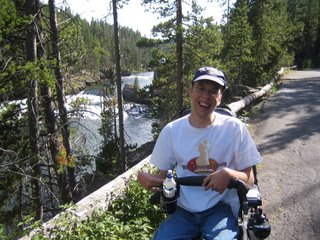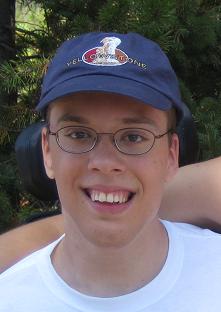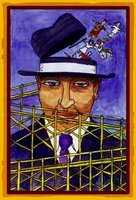Name on the blackboard
This entry is my reflection on my first interview.
In this blog, I will NEVER reveal the identities of my interviewees. The names I use will always be fictitious. However, the issues discussed here will be real issues from real lives. "Ashley” is an articulate, thoughtful, hardworking college student who has a learning disability. She shared her thoughts on some of her elementary school experiences.
"Ashley” is an articulate, thoughtful, hardworking college student who has a learning disability. She shared her thoughts on some of her elementary school experiences.
Ashley remembers the school environment as overwhelming and chaotic. Ashley recalls being terrified to go to school and feeling tremendous relief when it was time to go home.
One of Ashley’s biggest fears in first grade was getting her name on the board. Getting your name on the board meant that you were a “bad girl”. To Ashley, her name would appear on the board at random times. Her name was on the board because she had her math book out; her name was on the board because she had her spelling book out; her name was on the board when she moved too slowly; her name was on the board when she moved too quickly. The consequences at school seemed arbitrary and scary. Ashley now realizes that she didn’t catch all the rules and their subtleties, making her feel inferior, incapable, and sad through much of elementary school.
Ashley said that high school was a better experience for her. Slowly, she started to realize that her weaknesses and challenges didn’t define her; that she was more than her disability. She started to discover her many strengths. When Ashley separated her challenges from her identity, she was able to find strategies to make school work for her. She met with teachers regularly to clarify expectations and rules; she developed the courage to ask for the accommodations that she needed, and she sought to follow her strengths, not dwelling on her weaknesses.
A few thoughts –
A child who seems to be misbehaving may just not understand the rules.
Everyone should be treated with dignity. A person’s identity is extraordinarily complex and cannot be simplified into a collection of strengths and weaknesses.
Something that teachers and parents could do for children with disabilities is to help them see that their needs do not define who they are.
The unique gifts that all children have to offer should be embraced.

 I was hoping to have started interviewing, but unfortunately, I have been delayed.
I was hoping to have started interviewing, but unfortunately, I have been delayed.








